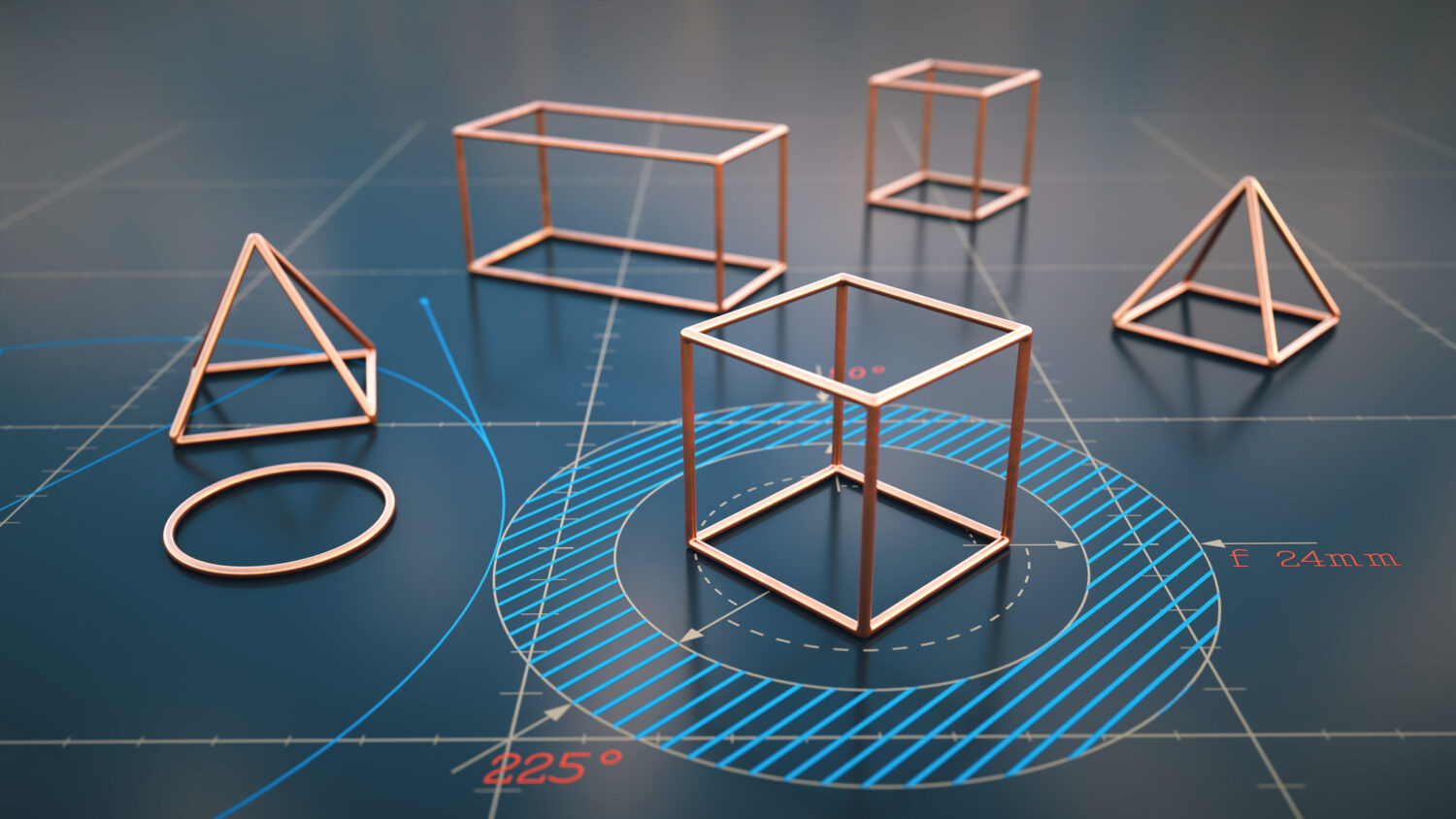What will I learn?
The aims of all DP mathematics courses are to enable students to:
- Develop a curiosity and enjoyment of mathematics, and appreciate its elegance and power;
- Develop an understanding of the concepts, principles and nature of mathematics;
- Communicate mathematics clearly, concisely and confidently in a variety of contexts;
- Develop logical and creative thinking, and patience and persistence in problem solving to instil confidence in using mathematics;
- Employ and refine their powers of abstraction and generalisation;
- Take action to apply and transfer skills to alternative situations, to other areas of knowledge and to future developments in their local and global communities.
This course recognizes the increasing role that mathematics and technology play in a diverse range of fields in a data-rich world. As such, it emphasises the meaning of mathematics in context by focusing on topics that are often used as applications or in mathematical modelling. To give this understanding a firm base, this course also includes topics that are traditionally part of a pre-university mathematics course such as calculus and statistics.
The course makes extensive use of technology to allow students to explore and construct mathematical models. Mathematics: applications and interpretation will develop mathematical thinking, often in the context of a practical problem and using technology to justify conjectures.
Students who choose this subject at Standard Level should enjoy seeing mathematics used in real-world contexts and to solve real-world problems.
What is the structure of the course?
The course is structured around these major areas of mathematics:
- Number and Algebra
- Functions
- Geometry and Trigonometry
- Statistics and Probability
- Calculus
How will I be assessed?
Assessment
Format
Mathematical Exploration (Coursework)
Internal assessment in mathematics is an individual exploration. This is a piece of written work that involves investigating an area of mathematics. Usually 12-20 pages long. 20% weighting.
Paper One
No technology allowed.
Section A: compulsory short-response questions based on the syllabus.
Section B: compulsory extended-response questions based on the syllabus. 40% weighting.
Paper Two
Technology allowed.
Section A: compulsory short-response questions based on the syllabus.
Section B: compulsory extended-response questions based on the syllabus. 40% weighting.
Frequently Asked Questions
Which CAS opportunities are available?
There are many CAS projects that require mathematical skills, but in addition to such opportunities that you might explore you may seek to:
- Join the maths club and take part in the UKMT Maths Challenges and support young year groups in their preparation
- Support students with preparation for the GCSE Maths Exam
- Attend university style public lectures on interesting areas of maths and science
Which opportunities for further study are available?
The Mathematics IB prepares you for any university course that requires the continued study of mathematics, such as Economics, Pharmacy, Psychology and Dentistry as well as any other course that requires a higher qualification in mathematics.
Is there anything else I need to know?
The study of mathematics can be one of the most challenging academic experiences a student can take on, but it is also one of the most rewarding and useful subjects to study due to its applicability in such a wide array of academic disciplines at University. Be prepared to study hard in your own time in order to understand some of the most challenging mathematics you have ever encountered.
You will require a graphical calculator for this course.



